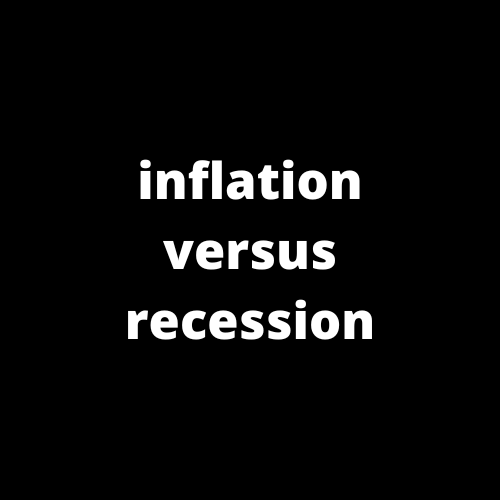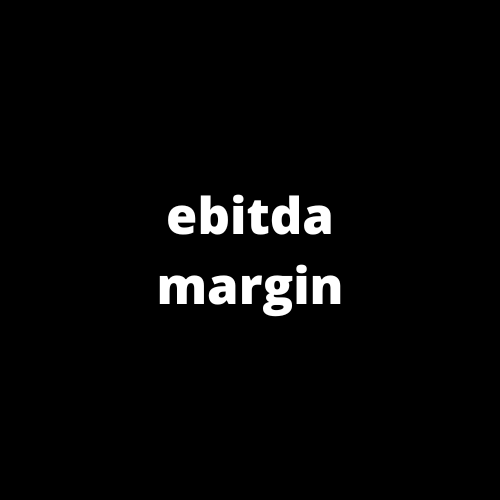1 of 48
There are 48 symbols in this channel.
| Symbol | Name | Price | Day $Δ | Day %Δ |
|---|---|---|---|---|
| Symbol | Name | Price | Day $Δ | Day %Δ |
1 of 48
2 of 48
3 of 48
Market Cap: 3.55 Million
4 of 48
Market Cap: --
5 of 48
6 of 48
7 of 48
8 of 48
9 of 48
10 of 48
Franklin ETFs, also known as exchange-traded funds, are investment funds that are traded on stock exchanges, much like stocks. They are typically designed to track specific indexes, sectors, or themes and can offer diversification and flexibility to investors.
Franklin ETFs are a type of investment fund that pools money from investors to invest in a diversified portfolio of assets. These assets can include stocks, bonds, commodities, or other securities. Franklin ETFs are traded on stock exchanges, providing investors with exposure to various sectors and markets.
Franklin ETFs are designed to track the performance of an underlying index or asset class. They are bought and sold on stock exchanges throughout the trading day, just like individual stocks. Franklin ETFs can offer investors instant diversification, flexibility, and liquidity.
- Diversification: Franklin ETFs provide exposure to a diversified portfolio of assets in a single investment.
- Low costs: Franklin ETFs typically have lower expense ratios compared to mutual funds.
- Liquidity: Franklin ETFs can be bought and sold throughout the trading day at market prices.
Franklin ETFs can be a valuable addition to an investor's portfolio, offering diversification, cost-effectiveness, and flexibility. By understanding how Franklin ETFs work and their advantages, investors can make informed decisions about incorporating them into their investment strategy.
What is the difference between a Franklin ETF and a mutual fund?
Franklin ETFs are traded on stock exchanges throughout the trading day, while mutual funds are priced at the end of the trading day.
Can Franklin ETFs pay dividends?
Yes, some Franklin ETFs pay dividends to investors based on the income generated from the underlying assets.
Are Franklin ETFs suitable for long-term investing?
Franklin ETFs can be suitable for long-term investing, providing diversified exposure to various asset classes and sectors.
Track your portfolio and more.
Did you know you can earn $30 back on your first $30 of qualifying purchases with Rakuten?
Join now and start saving on every purchase from top retailers like Target, eBay, Zappos, Walmart, Kohl's & CVS. Whether you're shopping for fashion, electronics, home essentials, or health products, Rakuten makes it rewarding.
Sign up through this link and explore the endless possibilities to save and earn cash back!
Check out the Symbol Surfing blog to learn about investing.


